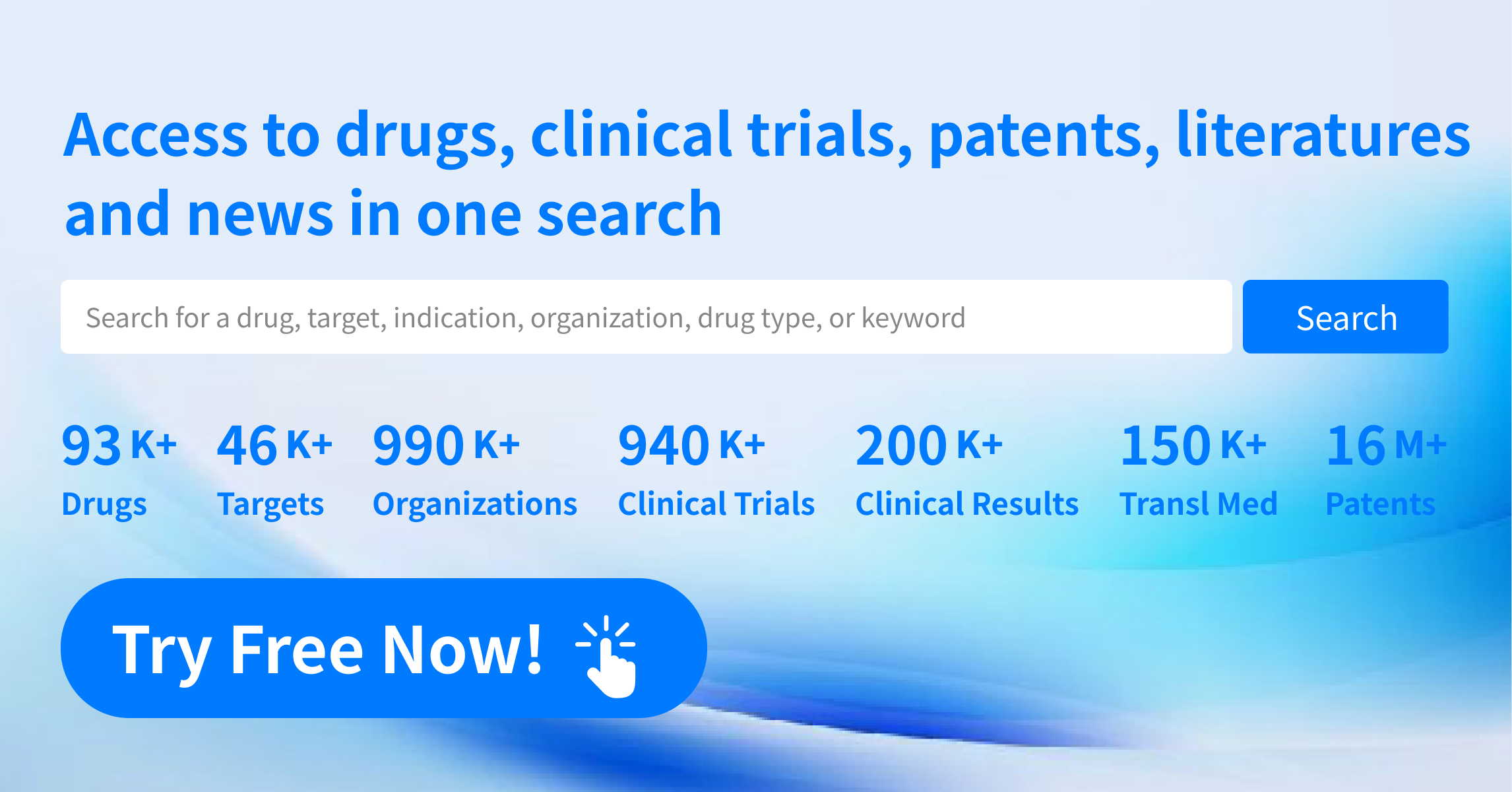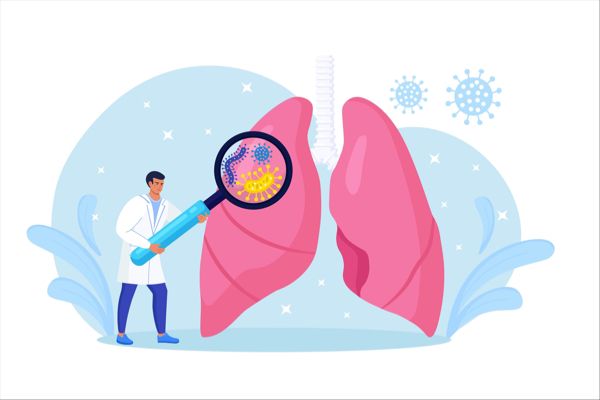Arrowhead/ Visirna's Potent Lipid-Lowering Drug Plans to Submit Market Application by Year-End
On September 2, 2024, Arrowhead Pharmaceuticals (referred to as "Arrowhead") announced the results of the Phase 3 PALISADE study for plozasiran in patients with familial chylomicronemia syndrome (FCS). The study demonstrated that it successfully achieved its primary endpoint and all multiple controlled key secondary endpoints, including statistically significant reductions in triglycerides (TGs), apolipoprotein C-III (APOC3), and acute pancreatitis (AP) incidence rates.
Based on the positive results of the PALISADE study, Arrowhead plans to submit a New Drug Application (NDA) to the U.S. Food and Drug Administration (FDA) by the end of 2024 and will subsequently seek regulatory approvals from other global regulatory agencies.
These data were presented as an oral report at the 2024 European Society of Cardiology (ESC) Congress and simultaneously published in the 《New England Journal of Medicine》.
About the Phase 3 PALISADE Study
In the PALISADE trial, 75 patients with persistent chylomicronemia, with or without genetic diagnosis, were randomly assigned to receive subcutaneous injections of 25 mg (n=26) or 50 mg (n=24) plozasiran or placebo (n=25) every three months for 12 months; among them, 44 patients (59%) were genetically confirmed to have FCS. At baseline, the median triglyceride level was 2044 mg/dL.
The results showed that:
·at month 10, the median reduction in fasting triglyceride levels (the primary endpoint) from baseline was -80% in the 25 mg plozasiran group, -78% in the 50 mg plozasiran group, and -17% in the placebo group (p<0.001).
·At month 10, APOC3 was significantly reduced, with a median reduction rate of -93% in the 25 mg plozasiran group, -96% in the 50 mg plozasiran group, and -1% in the placebo group (p<0.001).
·Compared to the placebo group, patients treated with plozasiran experienced an 83% reduction in the risk of acute pancreatitis.
In terms of adverse events, plozasiran demonstrated good safety. The most common adverse events were abdominal pain, COVID-19, nasopharyngitis, headache, nausea, back pain, upper respiratory tract infection, and diarrhea. Adverse events in both treatment groups were broadly similar to those in the placebo group. Serious and severe adverse events were more common in the placebo group. Hyperglycemia was observed in a small number of patients in the treatment groups but was confined to those with prediabetes and diabetes.
About Plozasiran
Plozasiran (ARO-APOC3) is a liver-targeted small interfering RNA (siRNA) drug. It efficiently and persistently silences the mRNA level of APOC3, thereby reducing the expression of the APOC3 protein. This leads to a significant reduction in serum triglycerides (TG) and triglyceride-rich lipoproteins (TRLs) via both lipoprotein lipase-dependent and -independent pathways.
This drug has been granted orphan drug designation and fast-track designation by the FDA, and orphan drug designation by the EMA. Currently, plozasiran has demonstrated compelling clinical data in three investigational indications: hypertriglyceridemia, dyslipidemia, and familial chylomicronemia syndrome (FCS).
Visirna holds the rights for plozasiran in Greater China. The product is currently undergoing a Phase III clinical trial in China targeting adult FCS patients, with all patient enrollments completed by early 2024, and the clinical trial expected to conclude in the first quarter of 2025. Plozasiran has received Breakthrough Therapy Designation from China’s National Medical Products Administration, which will accelerate its clinical development and pathway to registration and listing in China.
In addition to FCS, plozasiran is also being explored for hypertriglyceridemia. MUIR is a Phase IIb, double-blind, randomized, placebo-controlled trial that included 353 patients with mixed dyslipidemia, randomly divided into four cohorts in a 3:1 ratio. Subjects in the first three cohorts received subcutaneous injections of 10 mg, 25 mg, and 50 mg plozasiran (quarterly doses) or placebo on Day 1 and Week 12. Subjects in the fourth cohort received subcutaneous injections of 50 mg plozasiran (semi-annual dose) or placebo on Day 1 and Week 24.
Results showed a significant reduction in fasting triglyceride levels in the plozasiran groups compared to the placebo group at Week 24, with reductions of 49.8%, 56.0%, and 62.4% in the 10 mg, 25 mg, and 50 mg quarterly dose groups, respectively, and 44.2% in the 50 mg semi-annual dose group. Among subjects receiving plozasiran and placebo, 12%, 7%, 20%, 21%, and 10%, respectively, experienced deterioration in blood glucose control.
About APOC3-Targeting Drugs
Apolipoprotein C-III (APOC3) is primarily synthesized in the liver and to a lesser extent in the intestines. It regulates lipid metabolism by inhibiting the activity of lipoprotein lipase (LPL) and the low-density lipoprotein receptor (LDLR). Research indicates that inhibiting APOC3 gene expression can significantly reduce levels of triglyceride-rich lipoproteins (TRLs) and lower cardiovascular disease risk. Additionally, nucleic acid-based therapies may be more effective than monoclonal antibodies in inhibiting APOC3, as the siRNA mechanism of action via the RNA-induced silencing complex (RISC) involves less frequent subcutaneous injections, potentially making it a cost-effective alternative to antisense oligonucleotides (ASO).
About Familial Chylomicronemia Syndrome (FCS)
Familial Chylomicronemia Syndrome (FCS) is a rare genetic disorder caused by impaired LPL function, characterized by extremely high triglyceride levels. The disease manifests early, often before the age of 10, and presents with acute episodic abdominal pain, moderate hepatosplenomegaly, pale retinal vessels, and common skin xanthomas.
Statistics show that 1-2 people per million worldwide are affected. Besides chronic health issues like fatigue and severe recurrent abdominal pain, FCS patients also have a high risk of acute pancreatitis.
Currently, treatment options that fully address FCS are limited. In November 2012, Glybera (alipogene tiparvovec) was the first gene therapy approved by the EU for this condition, but it is expensive, with treatment costs potentially reaching up to 1.25 million euros. The FDA has not yet approved any related therapies for marketing.
How to obtain the latest research advancements in the field of biopharmaceuticals?
In the Synapse database, you can keep abreast of the latest research and development advances in drugs, targets, indications, organizations, etc., anywhere and anytime, on a daily or weekly basis. Click on the image below to embark on a brand new journey of drug discovery!




